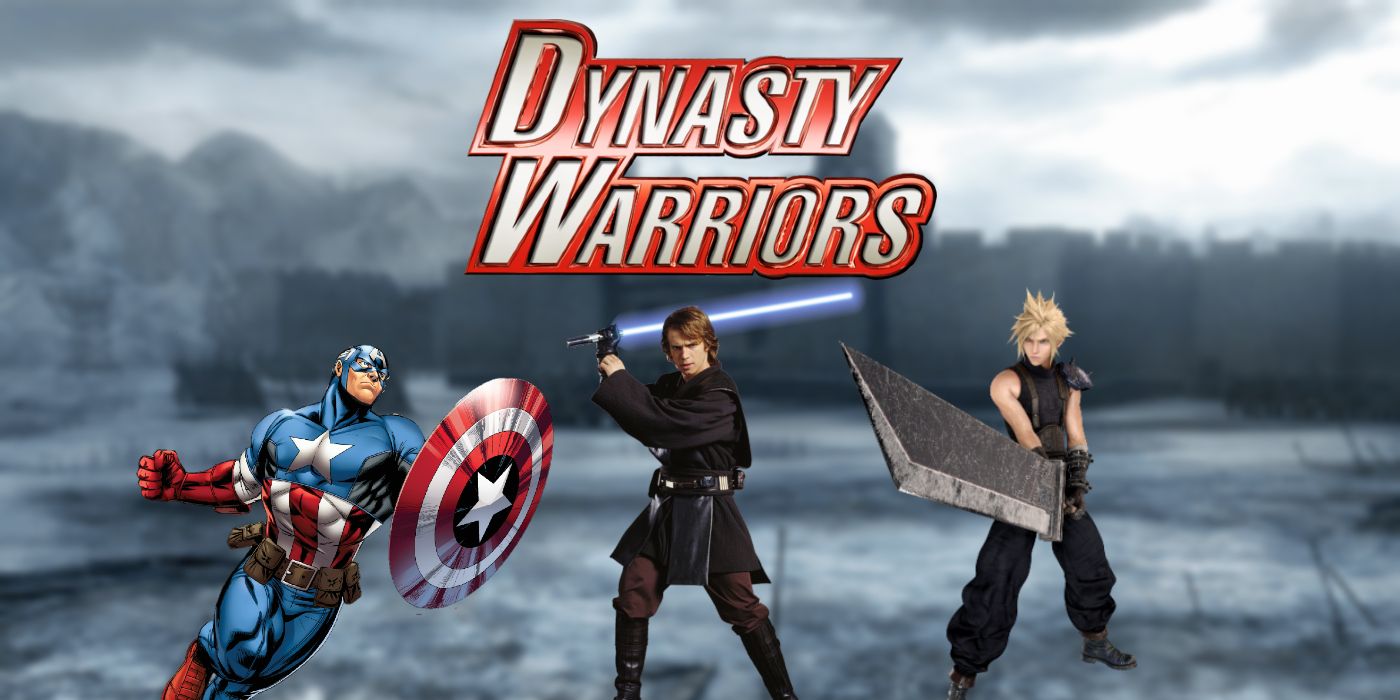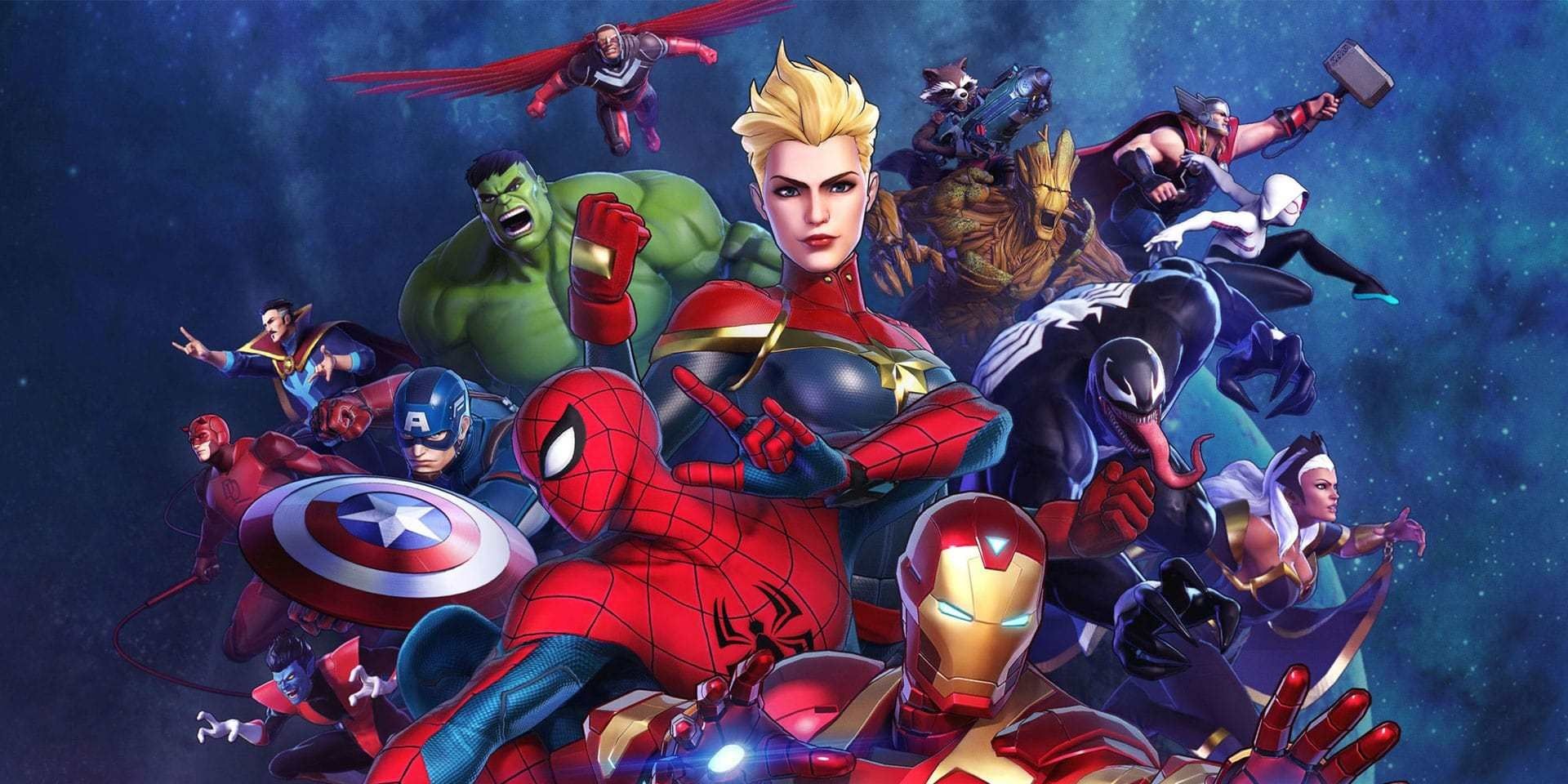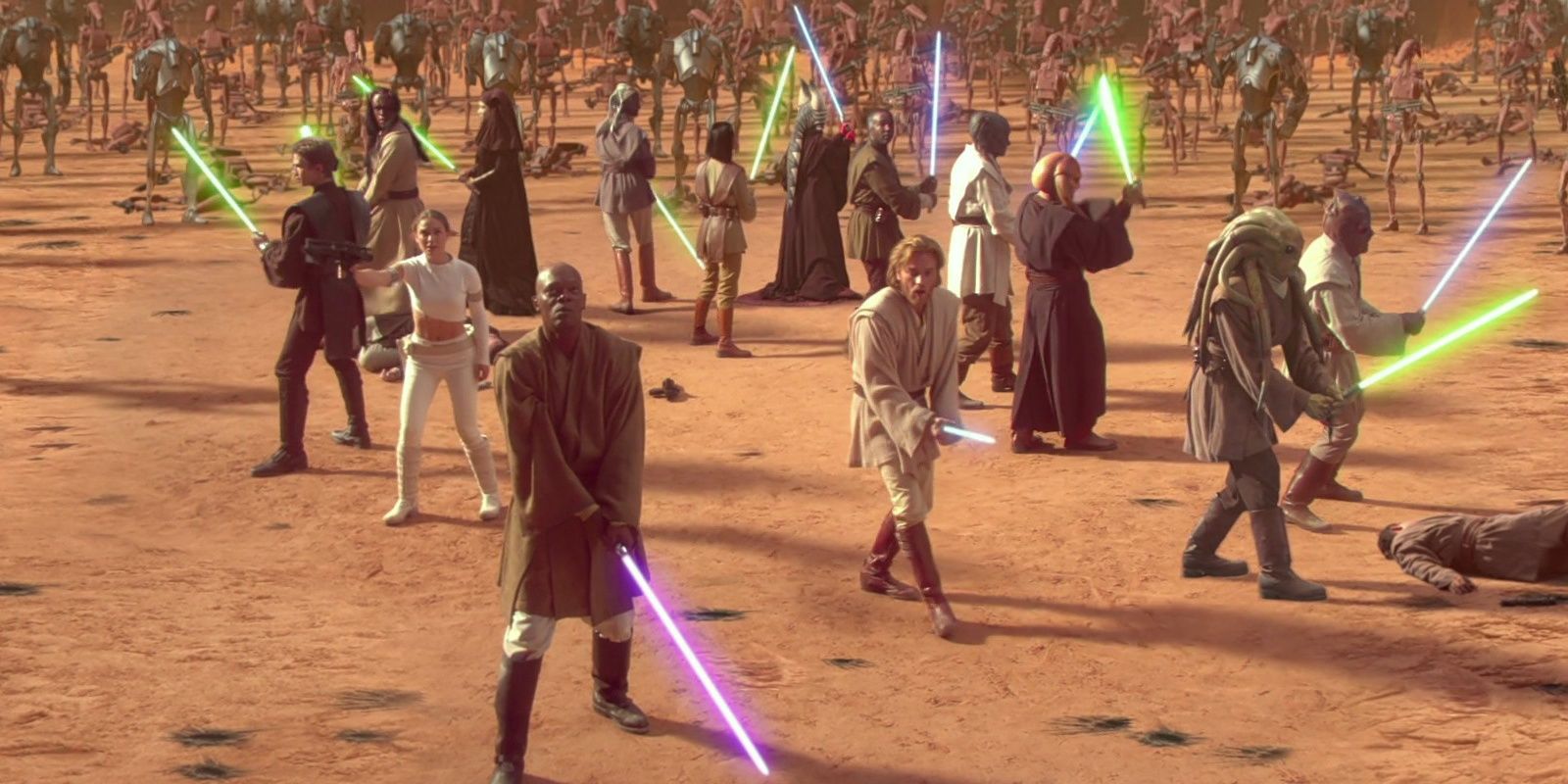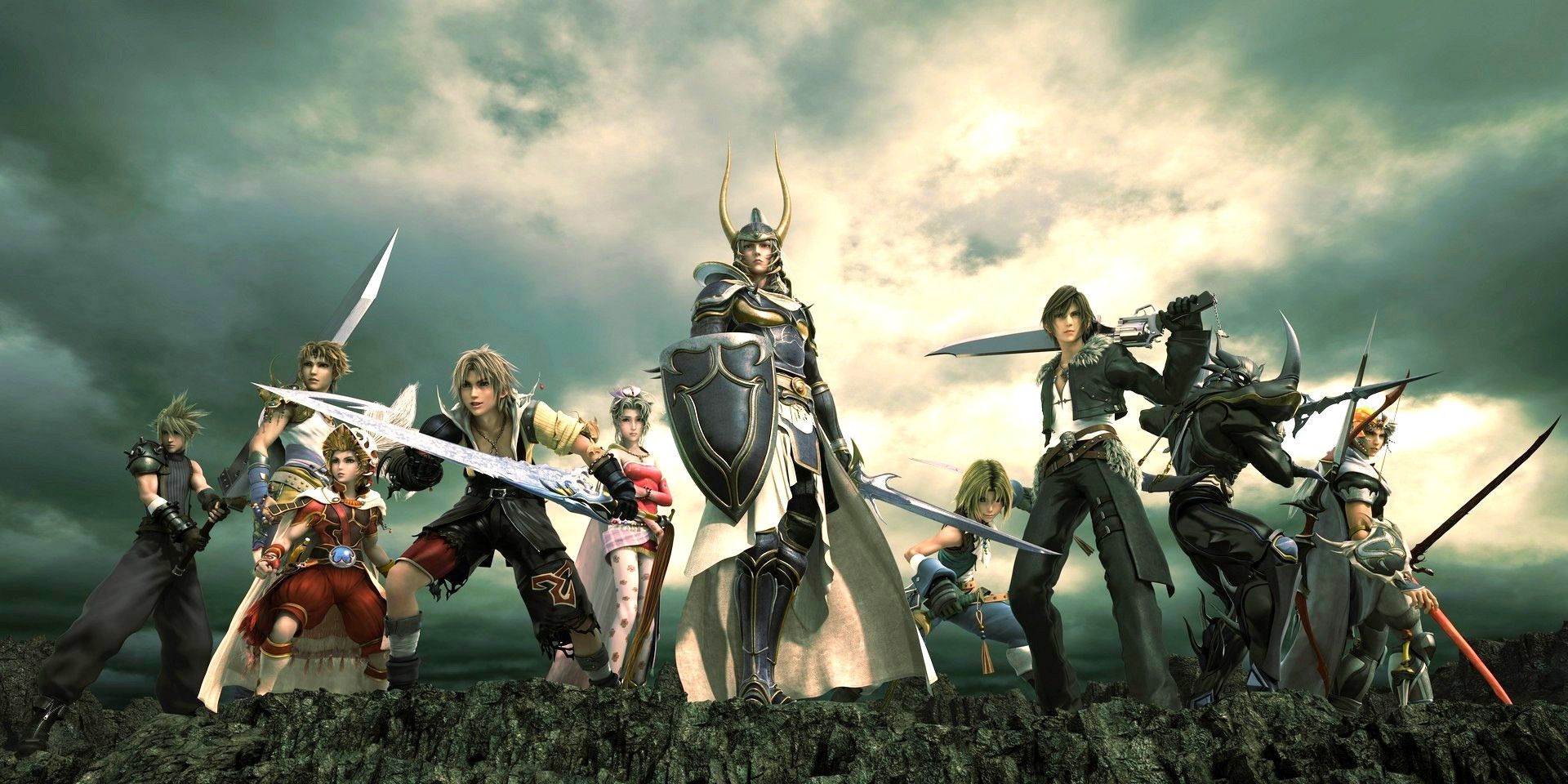The Musou genre of titles popularized by Koei-Tecmo's Dynasty Warriors series has branched out beyond its traditional settings into other franchises, yet there are still avenues which the genre could see its potential realized. The Musou genre is characterized as a brand of third-person action beat 'em up games which pits player characters against a horde of enemies while completing mission objectives. These kinds of "1 vs. 1,000" action games have taken on their own identity as a subgenre within action games.
Musou titles got their start with the release of Dynasty Warriors 2. The game was originally titled Shin Sangoku Musou in Japan as a break from the previous installment's fighting game roots, turning it into the action beat 'em up the series is known as today. Most of these titles with the "Warriors" subtitle share the term "Musou" in their Japanese titles to serve as the connecting root to its genre. The beginnings of the franchise took place within the historic time periods of the Three Kingdoms of China and the Sengoku era in Japan, but through the years, different IPs dipped their toes into the world of Musou.
Koei-Tecmo has gone on to create Musou titles for various anime and game franchises. Popular anime such as Gundam, One Piece, Berserk, and Fist of the North Star have all received Musou-styled treatments, placing players directly in the conflicts that drive their source material. Other franchises have also taken a turn in the Musou genre, as The Legend of Zelda and Fire Emblem have used the Musou games to tell new stories in their expanding mythos, while other companies have gone on to create Musou-styled titles for franchises such as Naruto and Bleach during particularly conflict-heavy story arcs in their respective series. With the reach of the genre expanding into other franchises and even other companies, there are still more IPs out there currently ripe for a Musou-style crossover.
Marvel Comics As A Dynasty Warriors Game
The world of Marvel Comics lends itself surprisingly well toward a Musou-style experience. Elements of this can be seen in games such as Marvel Ultimate Alliance or Marvel's Avengers, where players are often tasked with defeating hordes of enemies while controlling one of Marvel's many heroes or villains through each encounter. Creating an original narrative would potentially give players an opportunity to enjoy a Marvel game where their super-powered character of choice can mow down hordes of enemies from the various villainous factions of the Marvel Universe. One particular faction within Marvel's astounding lineup stands out as a front runner.
Marvel's X-Men have not seen a standalone console game release since the now-discontinued X-Men Destiny. With the characters of the franchise being integrated in other Marvel-based titles, a standalone X-Men game in the style of the Musou franchise may be a perfect union of styles. The possibilities of the various factions within the X-Men mythos at war with one another or united against a common threat creates unique opportunities for its hypothetical roster, and with a cast of characters as star-studded as the X-Men, the variety is virtually limitless.
Star Wars As A Dynasty Warriors Game
Koei Tecmo President Hisashi Koinuma spoke with Kotaku in 2018 about the possibility of a Musou game set in Star Wars, calling it a "really good fit" for the genre. The many battles and conflicts of the Star Wars franchise lend themselves to the densely-populated battlefields of a Musou game, particularly the encounters presented during the Clone Wars era of Star Wars history. A Musou game that places players in control of numerous Jedi or Sith during the Clone Wars to mow down hundreds of droids or clone troopers would be a perfect fit.
An era of interest that could use expansion in the Disney era of Star Wars would be the time of the Old Republic. The Musou genre would also allow the feats and powers of characters such as Revan or Kreia to be fully utilized on-screen and in the hands of the players rather than relegated to cinematics or backstory. With games such as Knights of the Old Republic and Star Wars: The Old Republic showcasing the era in an RPG format, a Musou game that puts players deep into the Jedi Civil War allows the franchise to not only offer a new perspective for previous events but effectively place these events into the canon of Star Wars proper after the Disney buyout.
Final Fantasy As A Dynasty Warriors Game
Square Enix has worked with Koei Tecmo in the past for a Musou-styled twist to one of their legendary franchises, as Dragon Quest received two titles in the genre. The experience of turning a traditional, turn-based RPG into a Musou game would lend itself well to Koei-Tecmo taking any Final Fantasy title and giving it the Musou game treatment. A game such as Final Fantasy Tactics or Final Fantasy 6 would especially do well with a Musou rendition due to the ongoing conflicts and the immense cast of characters in both titles.
Koei Tecmo has also developed Dissidia Final Fantasy NT in collaboration with Square Enix. The world of Dissidia places Final Fantasy characters from every series against one another, having been summoned by Cosmos and Chaos to fight as their warriors in an ongoing battle between the two deities. The set-up of the story would make the world of Dissidia the perfect setting for a Musou game based in Final Fantasy, while also giving players a roster of Final Fantasy's most renowned heroes and villains to choose from.
The Musou genre has shown its flexibility in the past through the various IPs and franchises that have been adapted to its particular brand of hack-and-slash combat. From RPGs to even anime, series that play host to larger conflicts make for the best settings for an entry to the wider Musou genre. The roots of the genre were founded on a fictionalized interpretation of a historical conflict, so perhaps it should be no surprise that the large-scale confrontations would be at home in any Musou title. A large roster of memorable characters with a wide variety of techniques and powers on display, combined with the presence of an ongoing conflict to serve as the backdrop, make up the backbone of a successful Musou title. The genre that was popularized by Dynasty Warriors 20 years ago has continued to expand beyond the realm of Ancient China, proving that its ambition cannot be stopped.
Source: Kotaku




